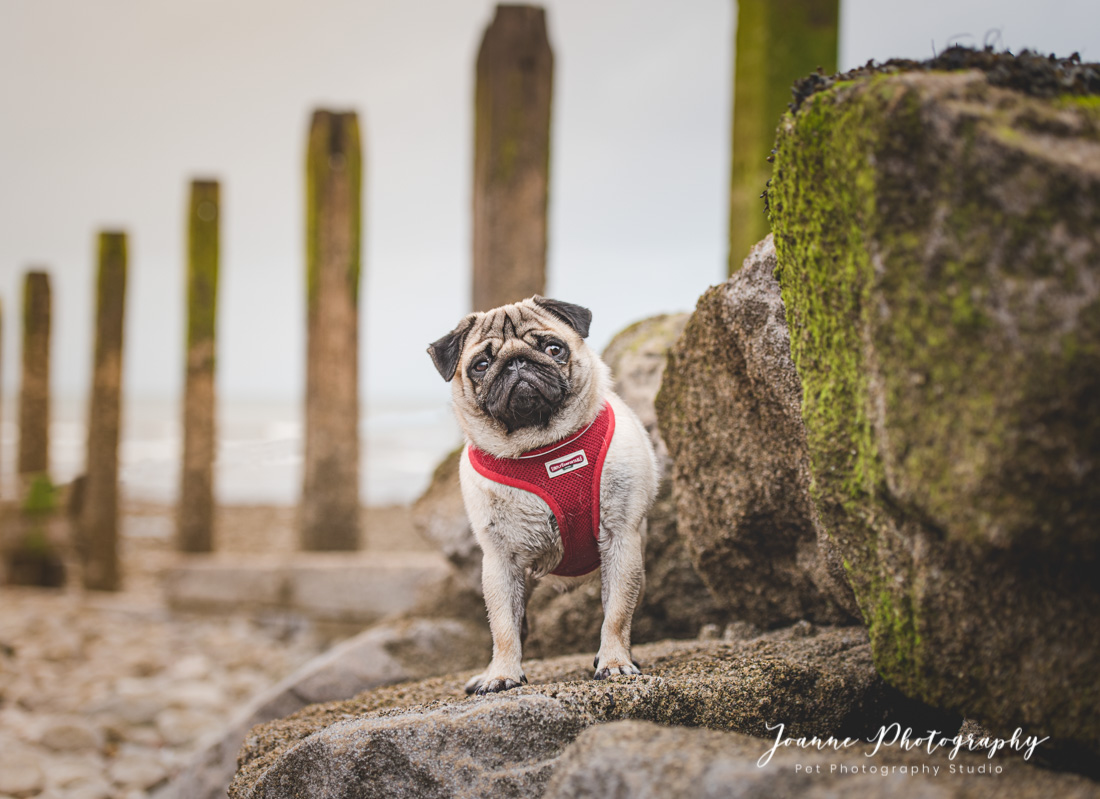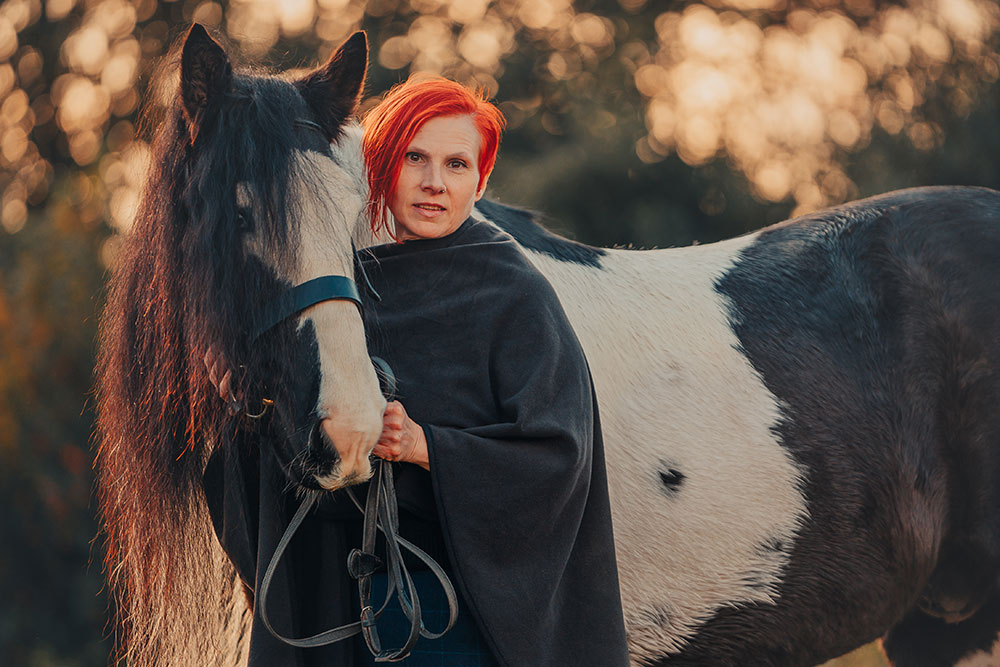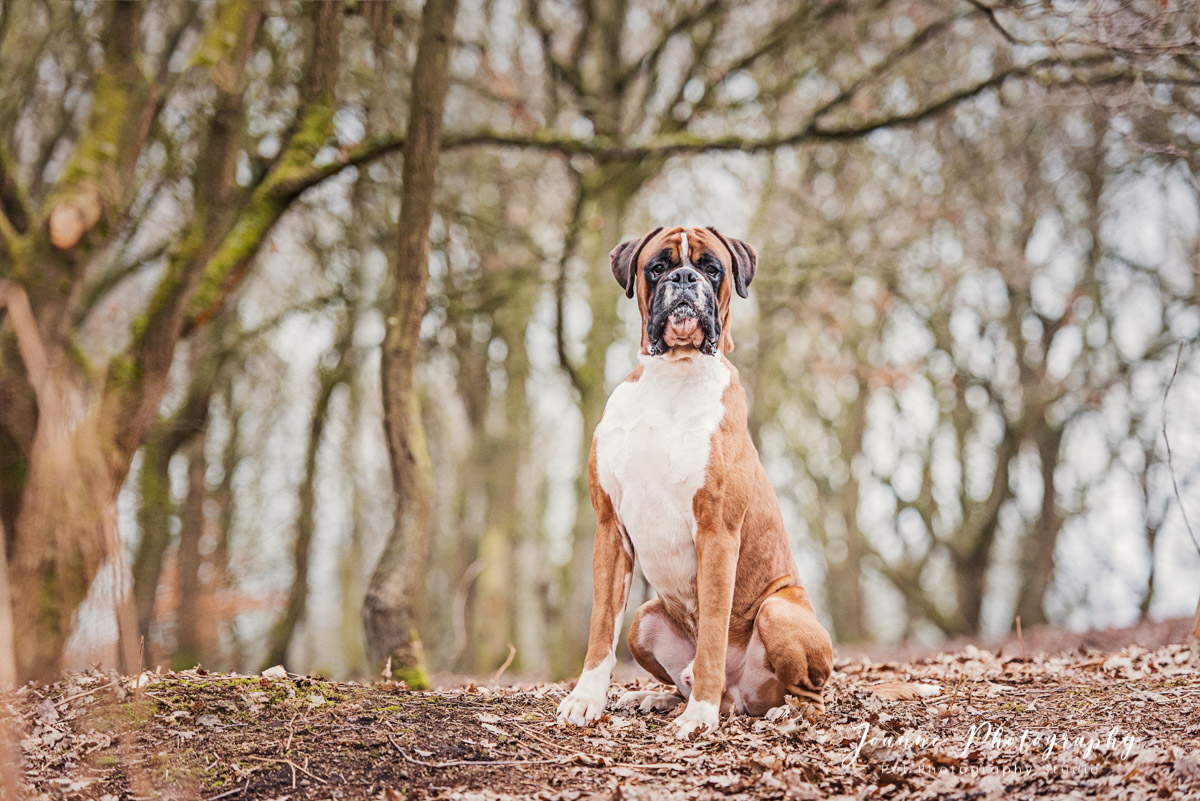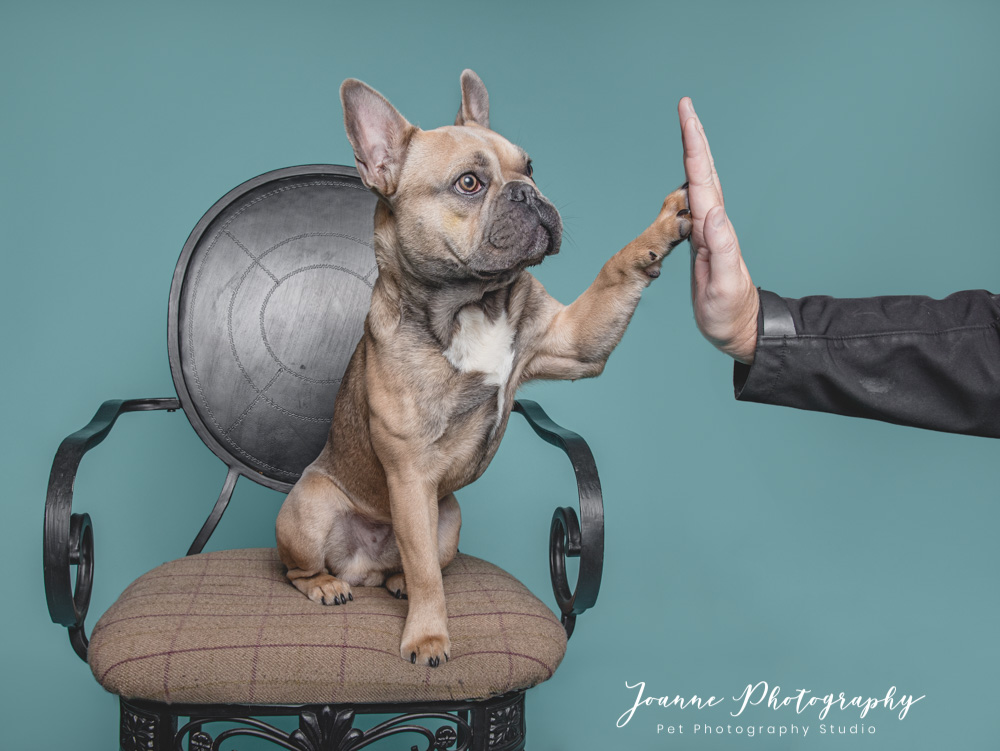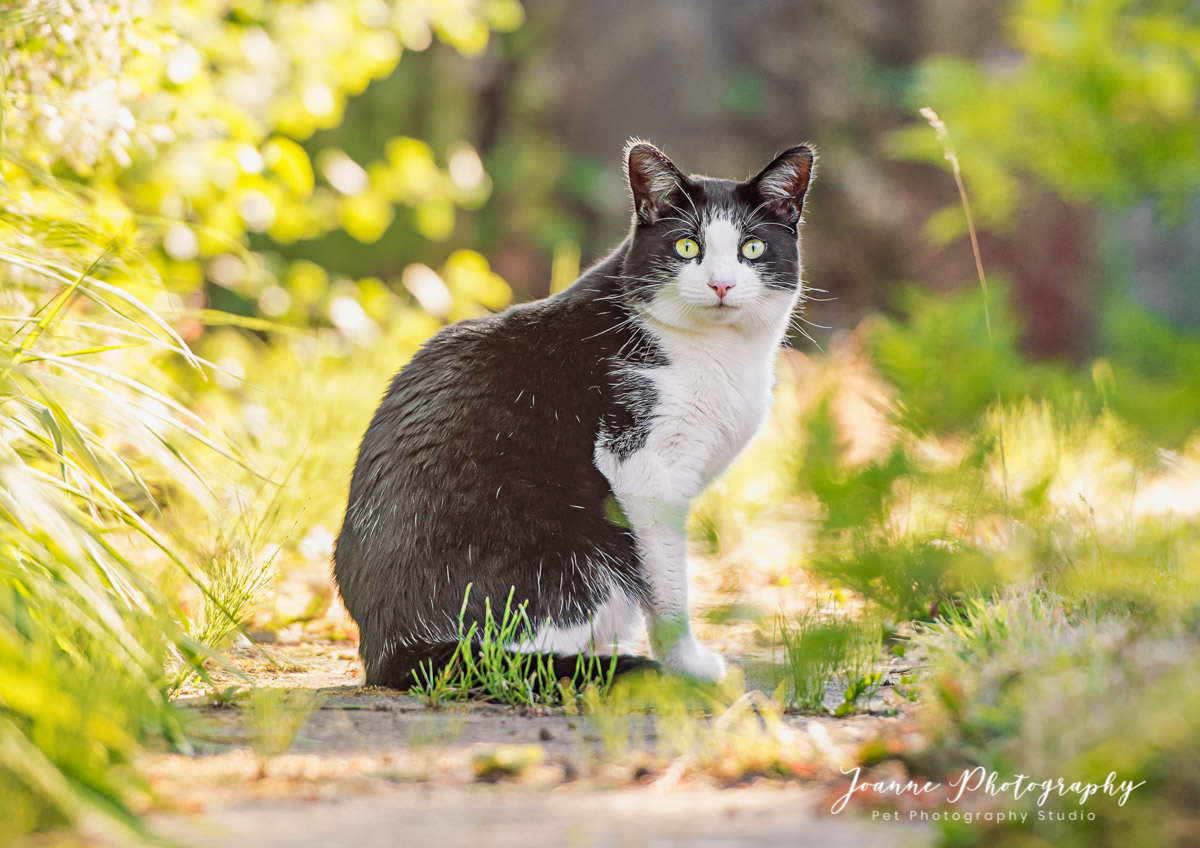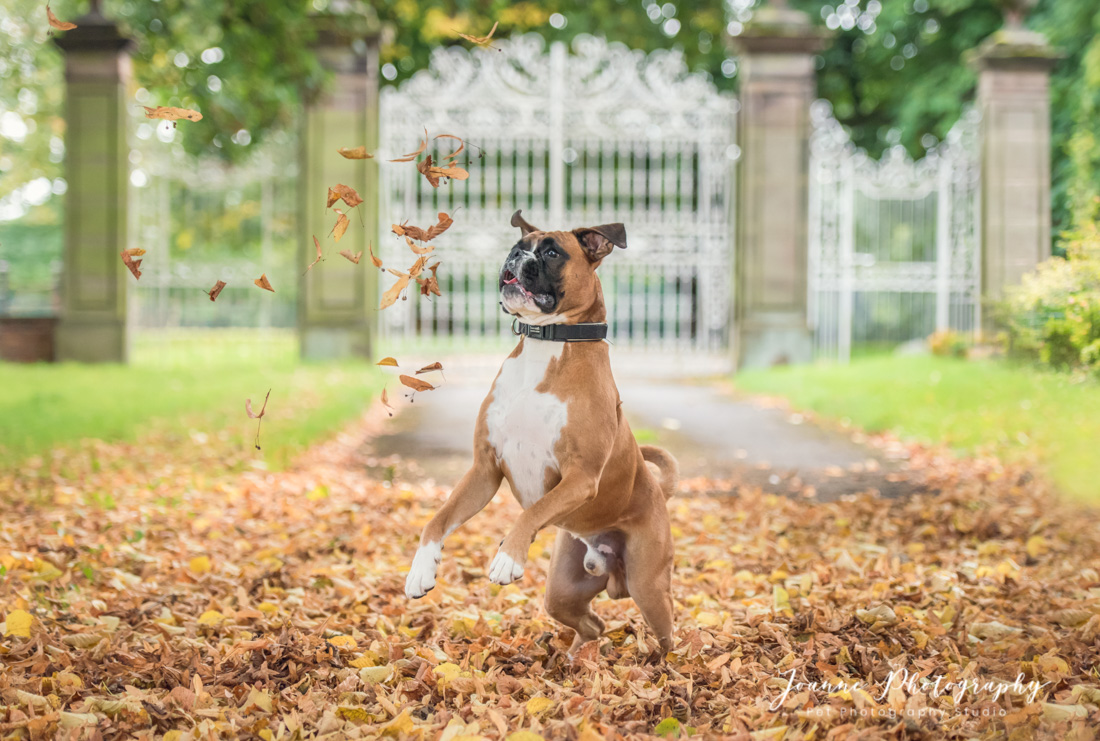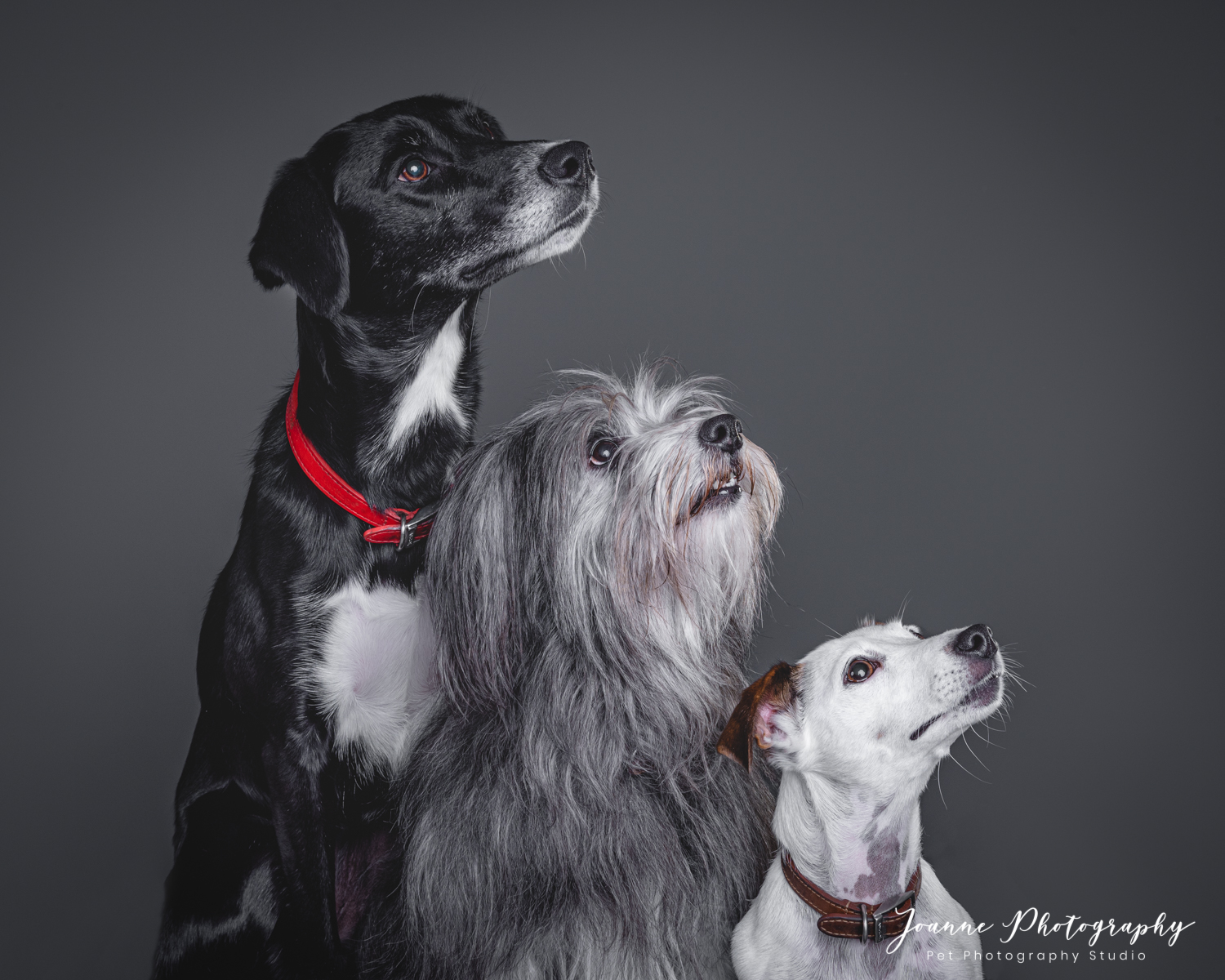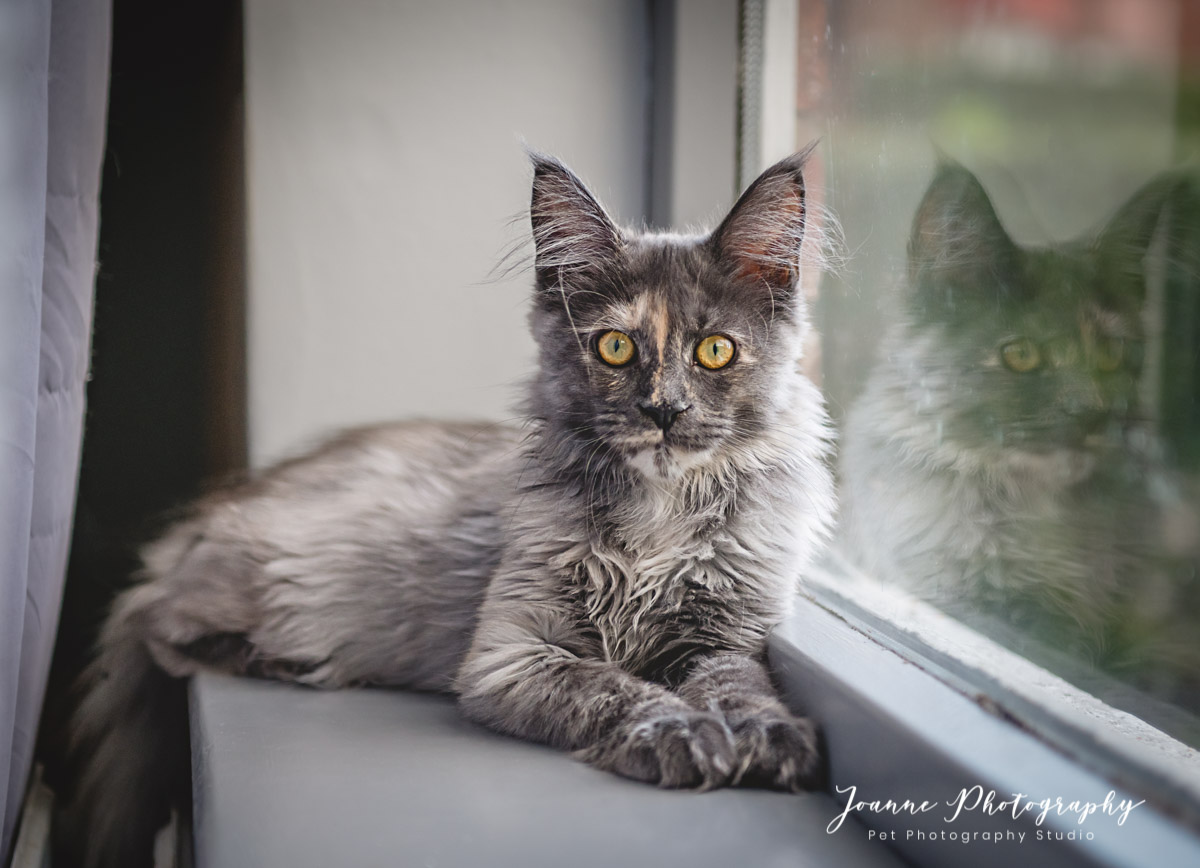Often our animals are described as being more than just pets, but more like family. That's why we want to ensure that they are safe, no matter what time of year or what weather conditions we may face.
Here we have listed some top tips for keeping your companions safe: from playing at the beach, in the summer's heat, the cool of winter, or during the dreaded fireworks season. Read on to find out more!
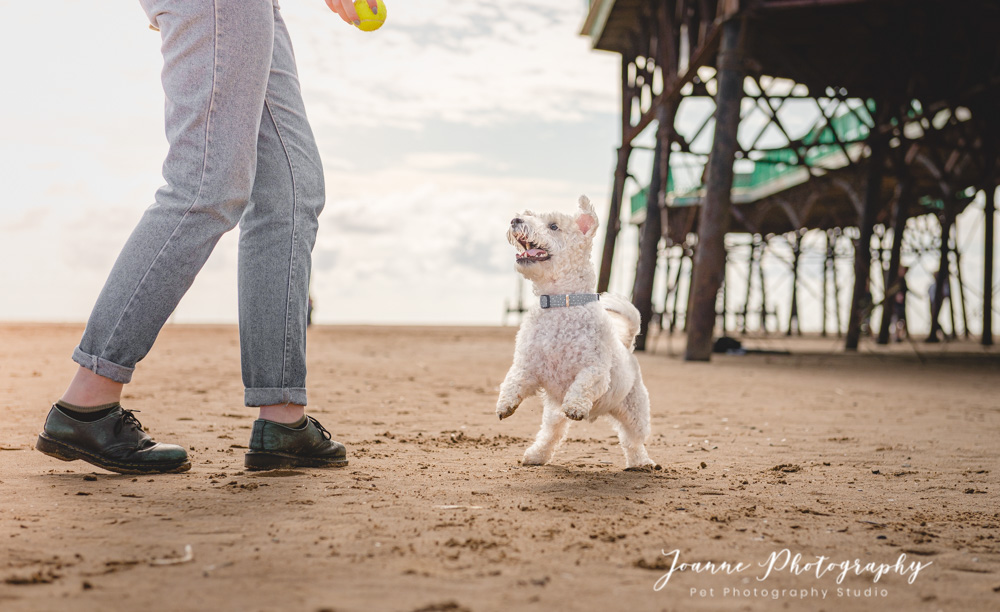
Keeping Your Dog Safe At The Beach
We have many beautiful beaches in Britain, and they make the perfect place for walking our dogs, especially when the sun makes an appearance! But the beach can also come with hidden hazards, especially for our pets. You can ensure you and your pet stay safe on the beach by following these tips:
- Before heading to the beach, you should first ensure that it is dog friendly. Some beaches may only allow dog at certain times of year, or in certain areas. You can usually find out if a beach welcomes dogs by looking out for signs, or checking online.
- Keep your pet cool! Temperatures can quickly increase in the summer! You can protect your doggo from heatstroke by ensuring they have plenty of shade to sit in, and fresh clean water to drink. You should also avoid walking your dog at the hottest part of the day, usually around midday. It tends to be cooler early in the morning or late in the evening.
- Look out for sharp objects, such as glass. Some people are not as considerate and may leave waste and debris on the beach, which is easily hidden in the sand and pebbles. Nobody wants to cut their paws or feet! If your dog does get a cut, make sure to clean it well with water and cover the wound until you can make it safely to a vet.
- Consuming sand and seawater can be dangerous for your dog, causing them to become sick and/or dehydrated. You can reduce the risk of this by choosing toys such as frisbees which collect less sand. You should also carry a travel bowl and plenty of tap water to keep your pup hydrated, and discourage them from drinking from the sea or rock pools.
- Be cautious when swimming in the sea! Swimming is great exercise and can help cool your dog down on a warm day, but you should be aware of the dangers and know what to do in an emergency. Make sure your dog is a confident swimmer in more shallow, calmer water first. Remember that even if they are a strong swimmer, the sea can be unpredictable. Make sure to find a calm place for your pet to swim, with no strong currents or signs warning you not to swim. If your dog does get into trouble, call 999 immediately and ask for the coastguard.
- There are plenty of beautiful clifftop walks along the British coastline, but you should take extra care in these areas. Always stick to the designated paths and look out for warning signs about crumbling cliff edges. It's also a good idea to keep your dog on a close lead and away from cliff edges.
- Keep yourselves and the coastal wildlife safe: keep your dog on a lead around livestock, birds and seals to avoid disturbing them. Also be aware of jellyfish which could sting if accidentally stood on, and discourage your dog from eating seaweed as this can make them sick.
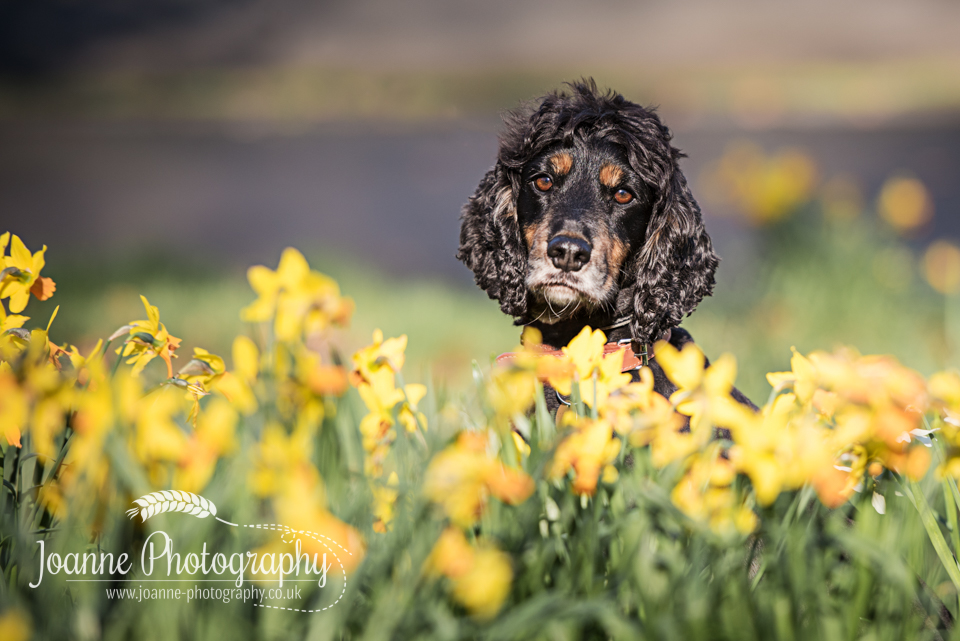
Springtime Safety
When this season arrives, our thoughts turn to Easter decorations, spring cleaning and home improvements. But here's how you can reduce the hazards for your pets.
- Keep chocolate and candy away from pets as it can be toxic.
- When spring cleaning, keep all products and chemicals away from pets, even natural ones.
- Also keep all tools and accessories away from the reach of pets, such as nails, paint, etc.
- When adding new plants to your garden, avoid ones toxic to pets such as rhododendron and azaleas.
- With springtime comes bugs, so keep flea and tick prevention up to date and look out for insect bites and stings.
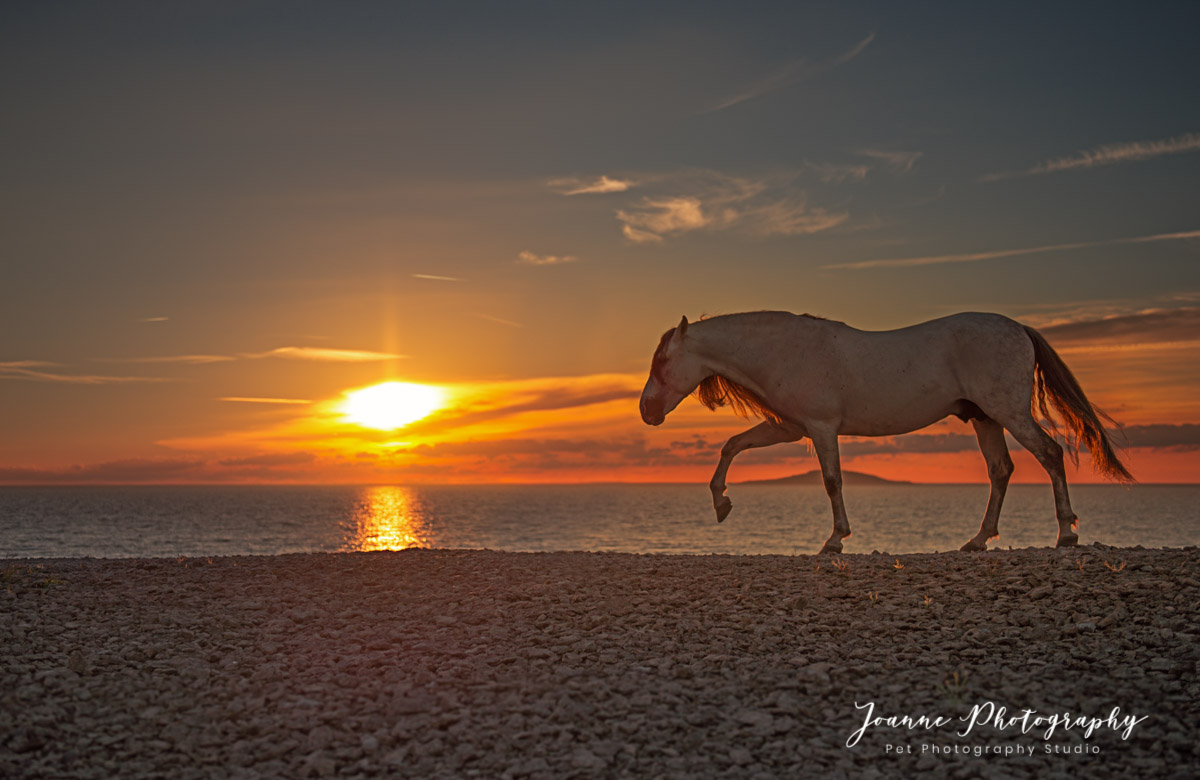
Staying Safe in the Summer's Heat
Summer is a fantastic time of year, the sun is shining and there's nothing better than being outside and soaking up the rays! But it can also be a dangerous time for our furry friends, so here are some tips to keep yourselves and your companions safe:
- Never leave your pets in cars, conservatories or caravans on a warm day, even if it's just for a little while. Temperatures can rise very quickly in these environments to dangerous levels.
- Using a pet-safe sun cream can protect your pet's exposed skin, such as the ears and nose.
- Ensure constant access to shade and fresh water!
- Adding ice cubes to their water bowl, or providing damp towels for them to lie in can help cool them down.
- Avoid walking your dog on pavements when it's hot, as it can burn their paws! If the ground is too hot to touch with your hand for a few seconds, then it is too hot for your dog!
- Brush your pets regularly to keep their coat thin and remove any tangles.
- Check every day for flystrike, especially rabbits and small animals.
- When it is safe to do so, keep windows and doors open slightly to allow a breeze through your house, for indoor pets such as cats.
- Walk dogs and ride horses at cooler times of day, such as early morning or late evening.
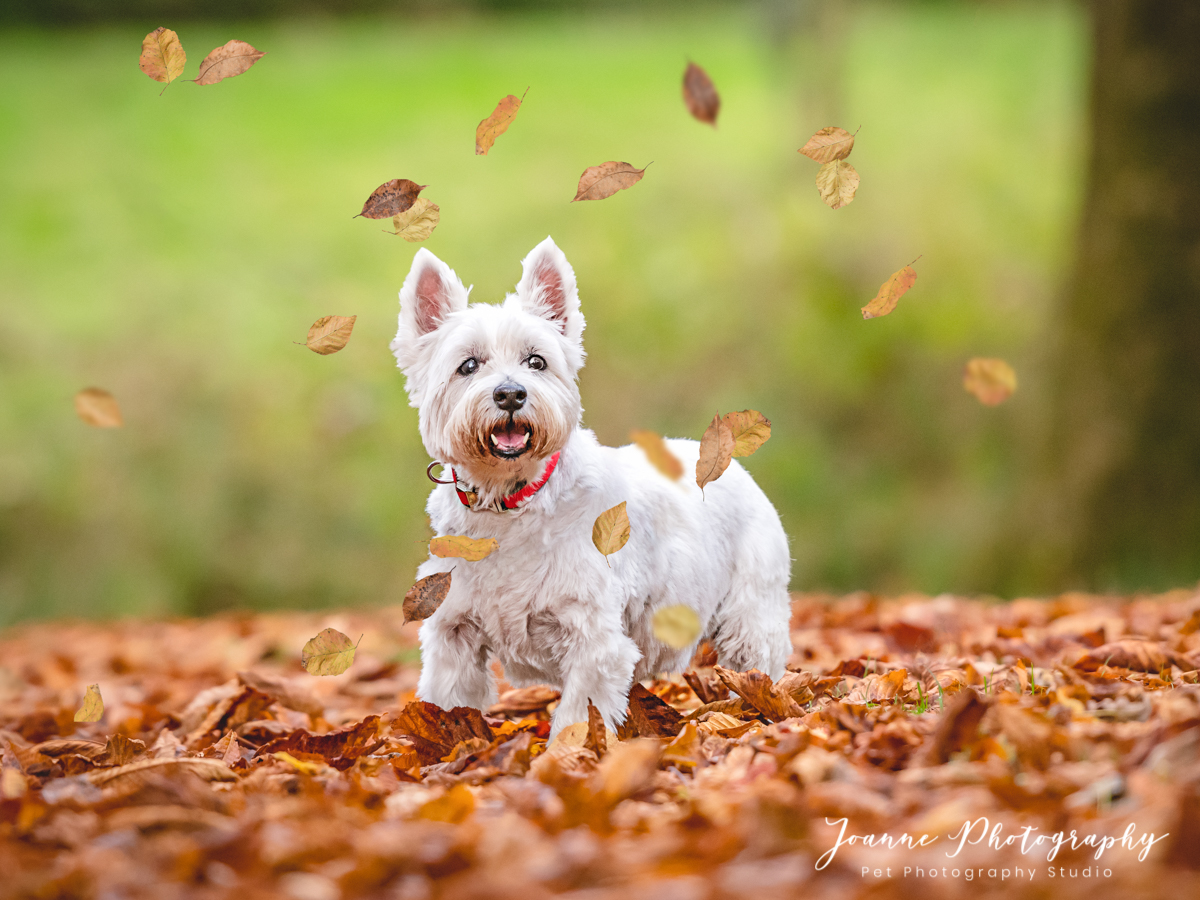
Advice for Autumn
The temperatures are dropping and it's getting darker. Here's how to keep your animals warm and safe this season.
- Treat your pets for fleas and ticks, as warm houses are the perfect breeding ground for these pests.
- Keep an eye on your pet's health, as the change in season and temperature can bring on issues such as skin conditions and allergies.
- Avoid using slug pellets in your flowerbeds as your pets may find them, and these can be toxic.
- Store screen wash and anti-freeze safely out of the reach of pets.
- Check water bottles and bowls regularly to make sure they aren't frozen.
- Bang your car bonnet before starting your car as cats often seek warmth under cars and near wheel arches.
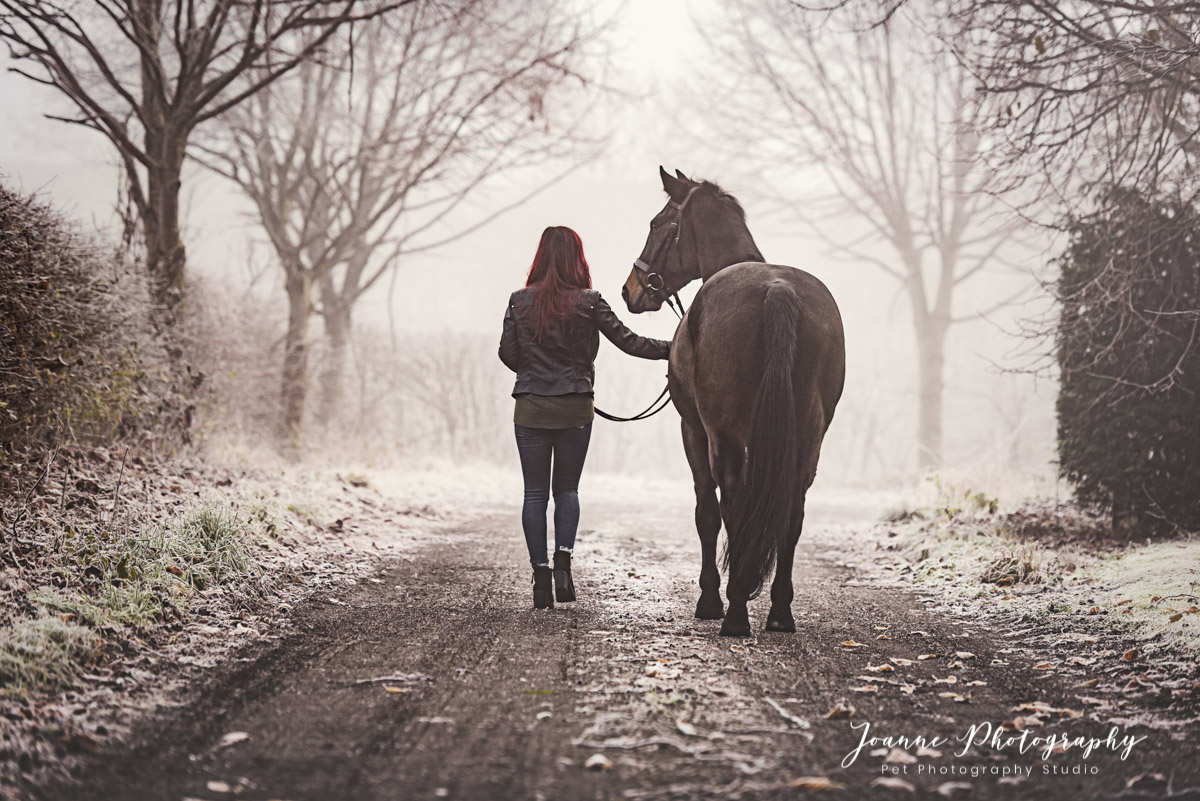
Staying Safe and Warm in Winter
The cold weather can cause many hazards for both humans and pets. Here are some preventative measures to keep everyone safe (and warm)!
- With the colder weather comes darker nights. Wear reflective clothing and consider a reflective/light-up collar for your dog.
- Especially with older or sick dogs, consider buying a coat or jumper for your dog to keep them warm.
- Keep your pets away from frozen areas of water such as lakes and rivers, as the ice may break under their weight.
- Check for and remove any impacted snow from paws/feet.
- Avoid areas where anti-freeze and rock salt may have been used, as this can be poisonous to pets.
- Ensure your cats have access to a warm environment when needed, such as your home or another indoor heated area.
- Keep your pet's bed away from draughts and ensure it stays dry.
- Ensure horses and other outdoor animals have access to shelter and maybe a waterproof coat to keep them dry. Also regularly check their hooves for abscesses, and legs for signs of mud fever.
- Provide extra bedding for outdoor pets such as rabbits, guinea pigs and birds, and protect their hutch/enclosure with a cover or blankets to keep the cold and wet out (make sure there is still plenty of ventilation!)
- Check outdoor fish ponds every day to make sure the water is not completely frozen, as poisonous gases can build up. Gently melt a hole in the ice with a pan of hot water, being careful of any fish below the surface.
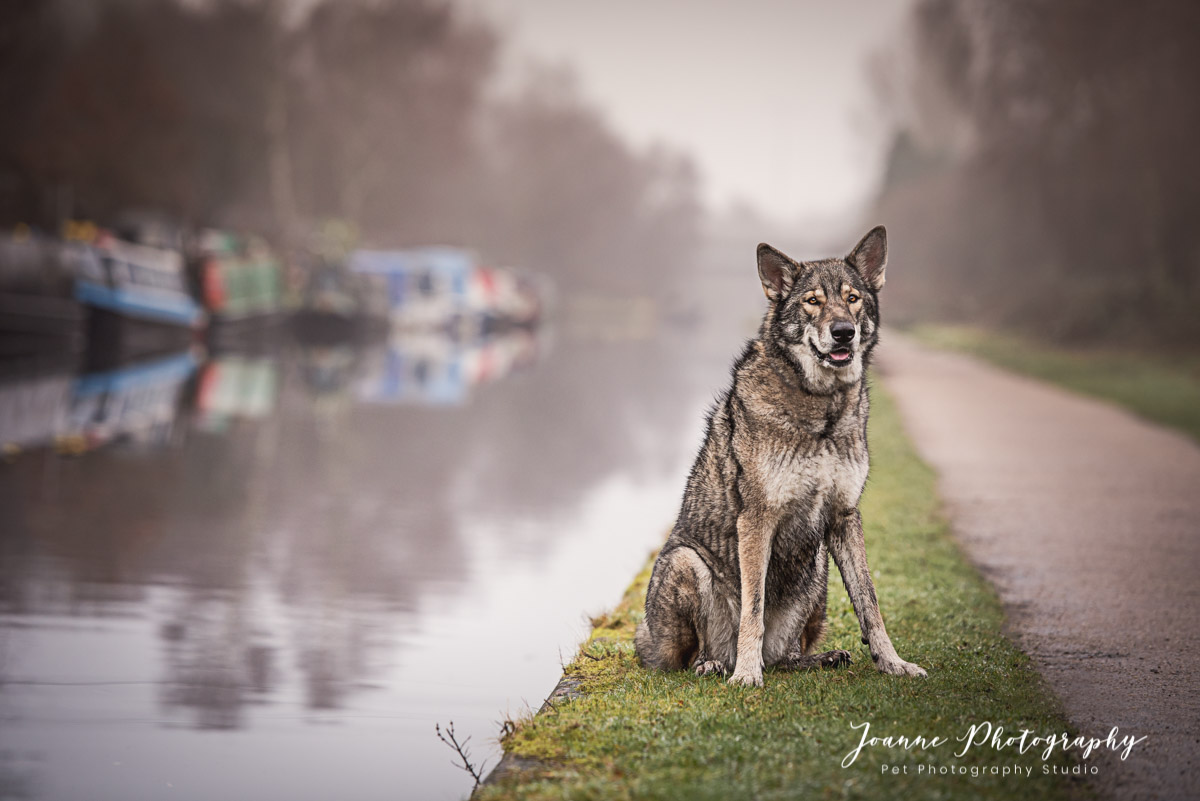
Safety During A Flood
If you live in an area that regularly floods then you may be wondering what measures you can take to prepare yourselves and protect your animals as much as possible.
- You should have an escape route planned in case you need to evacuate your home.
- Make sure you have suitable carriers for small animals, sturdy leads for your dogs and secure cages for birds.
- Keep an emergency supply of food and water for both yourself and your pets.
- For horses and livestock, move them to high ground and ensure any gates you need for emergency access are not obstructed. Attach your contact details to the gate.
- Move food and bedding somewhere dry, as well as toys as they may provide comfort for your pet.
- It's a good idea to put important documents such as microchip numbers, vet letters and vaccination details in a sealed bag, along with a photo of your pet, in case they get lost.
- Nobody wants to leave their pets behind, but you should never put your own or another life in danger to attempt an animal rescue. If you absolutely have to leave your animals behind, you should leave them in an upstairs room with plenty of food and water. Leave notices on the outside doors to say there are animals inside and contact the RSPCA or your local Flood Warden immediately.
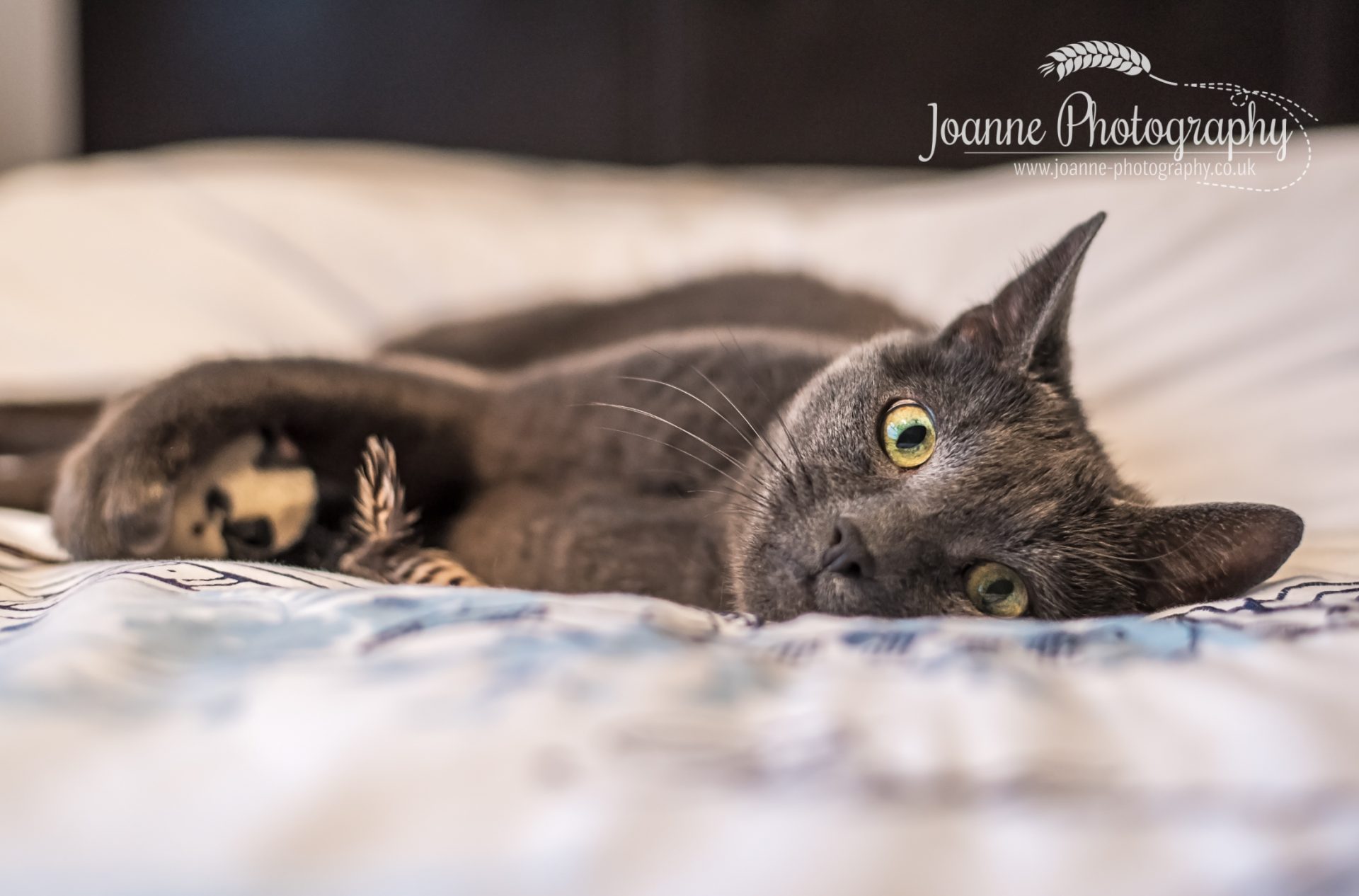
Pets and Fireworks
While many of us humans enjoy the loud bangs and bright flashing lights of fireworks, they can be very frightening and stressful for our animals. They can also end up injured when they run and hide from fireworks. Here are some ways to help your pet deal with fireworks:
- Before the firework season starts, consider creating a safe haven for your pet. This should be a quiet area where they can relax and won't be interfered with. Provide positive experiences for your pet in this area, by giving them their favourite toys and foods there. With time, they will feel safe there and may choose to go there when they hear fireworks or are feeling scared.
- Walk your dog during the day when it is still light outside, to avoid times when fireworks are likely to be set off.
- Close windows and curtains and turn up the tv/radio to help disguise the sound of the fireworks. You should also blackout the windows/their safe haven so they cannot see the bright flashes of light.
- Ignore the fireworks yourself and see if your dog will play with one of their toys to distract them, but do not force them.
- You could also talk to your vet about items such as pheromone diffusers which disperse chemicals into the room which are proven to have a calming effect on pets. If your pet gets really stressed about fireworks, then your vet may even prescribe medication.
- Consider keeping cats indoors as they can become stressed being outside during fireworks. The debris can also be dangerous if they come across it.
- Microchip your pets in case they do get startled and escape or run away.
- For small animals, partly cover an area of their pen with blankets to provide an area for them to hide. This will also muffle the sound and any flashing lights.
- Consider keeping horses inside as they may get spooked by the sounds and lights. You could also speak to the organisers of large events and ask them to set fireworks off in the opposite direction.

Having a Pet Safe Christmas
Christmas is so much fun! We get to spend time with friends and family, there are fantastic presents and lots of delicious food! But how do we ensure Christmas is safe for our pets?
- Some festive foods can be dangerous for pets. Foods to avoid include: chocolate, mince pies, Christmas pudding, onion gravy, alcohol and bones from meat.
- Skinless and boneless white meat, such as turkey, is okay for dogs and cats (in moderation), as long as it isn't covered in salt, fat or gravy. It's best to keep feeding your pets their usual, appropriate foods.
- Avoid plants and flowers such as poinsettias, holly, ivy, mistletoe and lilies as they can be toxic to pets.
- Tinsel and wrapping paper may all be tempting for your pets to play with, but make sure they don't eat any!
- Animals should always be supervised around the Christmas tree, as they may be tempted to chew any hanging decorations, which could be toxic for them.
- The chaos of Christmas can be stressful for all of us, so try to stick to your pet's normal routine as much as possible to keep them feeling calm.
- Keep any decorations, cables and fairy lights away from the reach of small animals who may choose to nibble them!
- If your pet is on any medication, stock up before the holidays so you don't run out.


